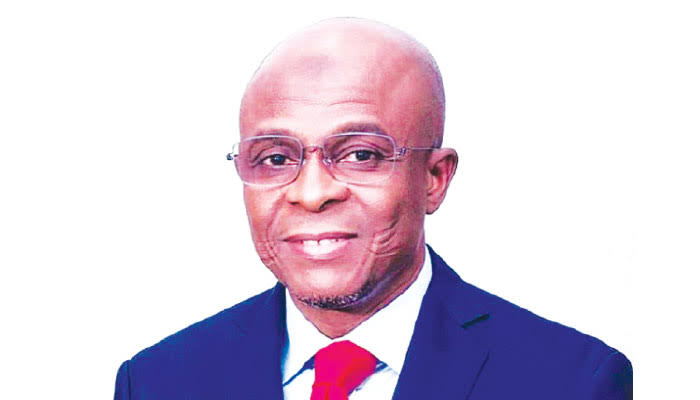Recent allegations of financial impropriety within the Nigerian Ports Authority (NPA) have sparked widespread concern, particularly regarding the awarding of a multi-billion-naira dredging contract for the Warri-Escravos channel.
While the NPA has categorically denied any wrongdoing, asserting that all procurement processes adhered to the Public Procurement Act of 2007, the situation underlines the necessity for enhanced transparency and accountability in public sector operations.
The NPA maintains that the dredging contract was awarded following due process, emphasizing that the project was essential to prevent vessel grounding and ensure the safety of oil and gas operations.
However, questions have arisen regarding the timing and urgency of the contract, especially considering reports that the Escravos channel had required dredging for over a year prior to the contract’s award. This raises concerns about the justification for employing emergency procurement procedures instead of the standard open tender process.
Furthermore, the NPA’s assertion that its budget and expenditures are subject to strict oversight by various federal bodies, including the Ministry of Marine and Blue Economy, the Budget Office of the Federation, and the National Assembly, while reassuring, does not preclude the possibility of procedural lapses or oversights. Effective oversight requires not only the existence of supervisory bodies but also their proactive engagement and transparency in operations.
The controversy also brings to light the challenges facing Nigeria’s port operations. Reports indicate that inefficiencies, such as prolonged cargo dwell times and high operational costs, have plagued the sector, making Nigerian ports some of the most expensive in the West African sub-region. These issues, if left unaddressed, could hamper the country’s trade competitiveness and economic growth.
In light of these concerns, it is imperative for the NPA to take proactive steps to restore public confidence. This includes providing detailed documentation of the procurement process for the dredging contract, including feasibility studies, cost analyses, and evidence of compliance with procurement laws. Additionally, engaging independent auditors to review the contract and its execution could offer an unbiased assessment and reinforce the NPA’s commitment to transparency.
Moreover, the NPA should consider publishing a comprehensive report outlining its procurement processes, criteria for contractor selection, and mechanisms for ensuring accountability. Such measures would not only address current concerns but also set a precedent for openness in future operations.
Ultimately, the NPA has an opportunity to demonstrate its dedication to good governance by embracing transparency and accountability. By doing so, it can reinforce public trust and contribute to the efficient and effective management of Nigeria’s vital port infrastructure.
Bamidele Ayofe is an entrepreneur with experience in international development. He writes from Abuja, Nigeria. Contact: bamideleayofe@gmail.com



